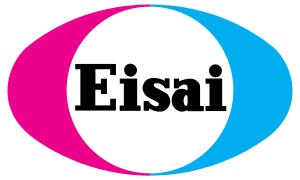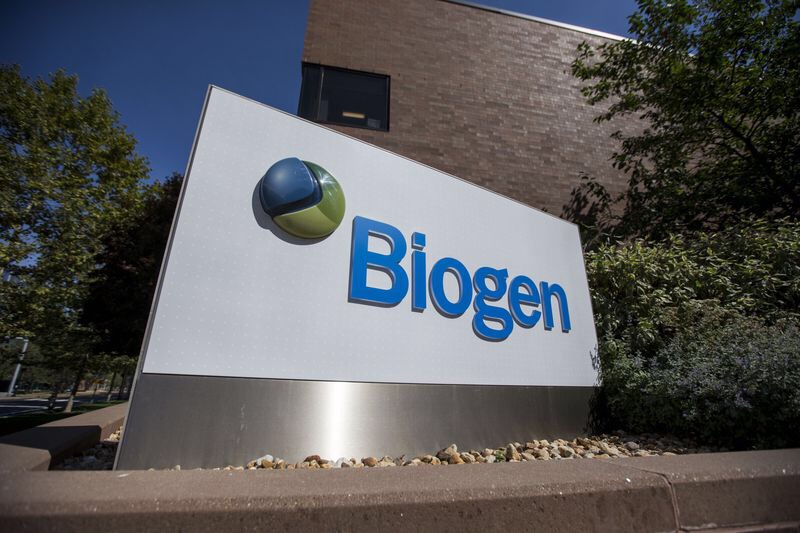

Biogen: Submission of BLA to US FDA: Alzheimer’s Therapy
July 8, 2020
Biogen and Eisai:
Biologics License Application (BLA) for the Alzheimer’s disease (AD) drug candidate, Aducanumab, has been submitted to the FDA today.
BLA application details:
It was made possible by continuous collaboration with the FDA.
Phase III clinical trial
EMERGE test
ENGAGE test,
Phase Ib clinical trial, PRIME study,
Based on clinical data.
Request priority review:
We are requesting a Priority Review as part of completing the approval application.
If approved:
“Aducanumab is the first treatment to prevent the deterioration of clinical symptoms of AD.”
It is also the first treatment to demonstrate that removal of brain amyloid beta (Aβ) results in improved clinical outcomes.
EMERGE test:
In the EMERGE trial (1,638 patients), pre-specified primary endpoints were achieved in the high-dose group of aducanumab.
Clinical Dementia Rating-Sum of Boxes (CDR-SB):
At 78 weeks of treatment, there was a statistically significant suppression of clinical symptoms from baseline compared to the placebo group (22% suppression, P = 0.01)
https://www.biogen.co.jp/ja_JP/news-insights/japanaffiliatenews/2020-07-08-news2.html
Biogen Files With FDA for Approval of Alzheimer’s Therapy
Biogen Inc. said
it had submitted an application seeking U.S. clearance for its controversial Alzheimer’s disease therapy aducanumab, which if approved would be the first medicine available to slow the memory-wasting disease.
Shares of Biogen
jumped as much as 9.9% to $294.99 in New York trading. Biogen’s stock price has been closely tied to investors’ expectations for aducanumab over the past few years.
Biogen and its Japan-based partner Eisai Co.
asked for a priority review from the U.S. Food and Drug Administration,
the Cambridge, Massachusetts-based company said in a statement.
The agency has two months to accept or reject the application, with an accelerated review putting the medication on a path for a final decision by March 2021.
Aducanumab,
a so-called monoclonal antibody
designed to target amyloid plaque in the brain, has been one of the most closely watched drugs in development for several years.
Biogen at one point had halted research on it after getting disappointing results, only to revive the drug in a reversal that surprised many scientists and investors and raised the hopes of millions of patients and families.
Trials on Alzheimer’s Disease conference in San Diego
showed conflicting findings, with one trial suggesting the drug could be the first-ever to slow the progression of Alzheimer’s.
But a second, essentially identical trial showed no effect on the disease at all.
Aducanumab
is intended to combat the amyloid plaque that fills the brains of patients, the primary hallmark of the disease and long-believed to be responsible for the mental decline that comes with it.
Alzheimer’s
is a progressive disease that most commonly arises in people over age 60.
It robs patients of their memories and their minds, causing impaired speech and thought.
More than 5 million Americans are living with the disease, according to the most recent data from the U.S. Centers for Disease Control and Prevention, and more than 14 million are expected to suffer from it by 2060.
With no medications currently available to slow the progression of the disease, demand for a therapy like aducanumab would be substantial.
There are treatments that temporarily improve symptoms that generate billions of dollars in sales each year, even though they don’t offer long-lasting benefits.